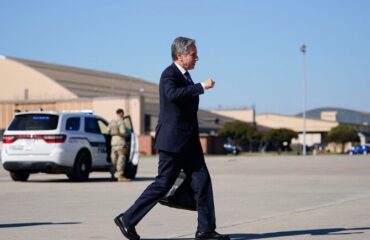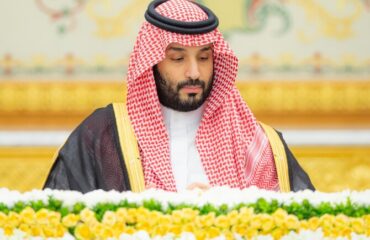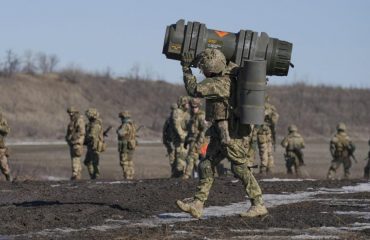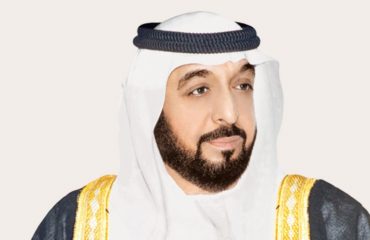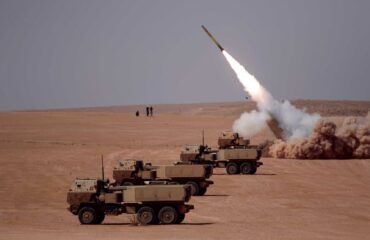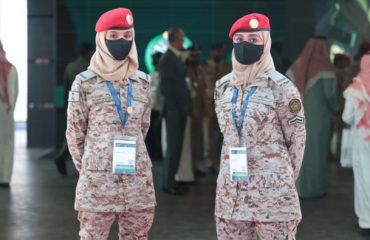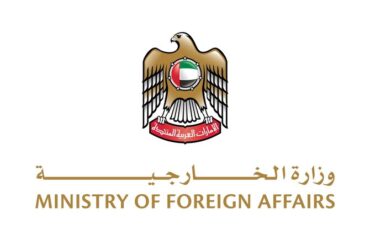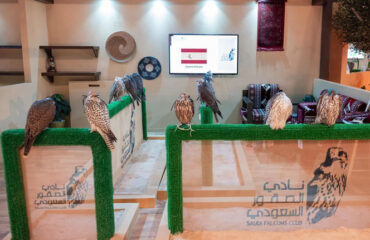Qatar should not be dragged into EU corruption scandal minister tells CNBC

Jan 19 (Reuters) – Qatar’s foreign minister said his country should not be dragged into a cash-for-influence corruption scandal at the European Parliament with investigations still ongoing, rejecting allegations of Doha’s involvement as having “no basis”.
The scandal, the biggest to rock EU politics in decades, hinges on suspicions that Qatar and Morocco bribed politicians, parliamentary assistants and NGOs to influence decisions of the EU assembly.
“As (the) State of Qatar, we are 100% sure that this premise has no basis. We didn’t see anything (from Belgian authorities). There’s an ongoing investigation. We have to see; we have to wait until the investigation is over,” Sheikh Mohammed bin Abdulrahman Al-Thani told CNBC this week.
“This problem is a problem that is happening in Europe for a European institution. It is better for them to look at their own institution and do all the steps required for them and not to drag our country’s name in such a situation,” he added.
Qatar has denied any involvement. Morocco complained of “judicial harassment” after the graft probe, in which the European Parliament on Monday began a monthlong procedure to waive immunity from prosecution for two lawmakers.
Sheikh Mohammed said the Gulf Arab state, one of the world’s top gas exporters, was “disappointed” by and disagreed with a vote by the European Parliament last month to suspend all work on legislation involving Qatar and to bar Qatari representatives from its premises.
“The engagement with the European Union and European Union institutions have been ongoing on geopolitical issues, on energy issues, on a lot of other issues and these kind of resolutions … it’s going to affect the conversation,” he said.
He stressed that Qatar, a major producer of liquefied natural gas, would not politicise energy supplies to Europe under commercial deals with state-owned QatarEnergy.
“We have a track record that we have never missed any shipment, we have never politicised our energy or weaponised our energy as a tool for threatening any other country,” the minister said.


